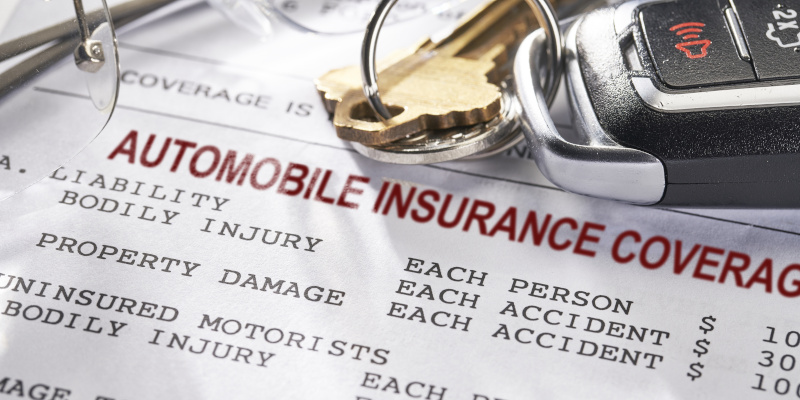
Auto insurance is something every driver must have to comply with the law in most states and pay for damages that result from auto accidents. However, just because everyone on the road needs auto insurance doesn’t mean everyone fully understands what it does and doesn’t pay for.
What Does Auto Insurance Cover?
- Liability – If you are found at fault in an auto accident, auto liability insurance, which is required in almost every U.S. state, can pay for damage to other vehicles, damage to objects, bodily injury to other drivers and passengers, and legal expenses, if applicable.
- Collision – Auto collision coverage is a type of auto insurance that covers your vehicle if it collides with another vehicle or object, like a tree or fence. It also covers your vehicle if it overturns.
- Medical Bills – Auto insurance covers medical bills if you or your passengers become injured in a car accident, regardless of who is at fault.
- Uninsured/Underinsured Motorists – If you get into an accident with a driver who does not have enough coverage, uninsured/underinsured motorist bodily injury and property damage coverage can pay for what the uninsured/underinsured motorist is not able to.
What Doesn’t It Cover?
- Mechanical Breakdowns – Standard auto insurance doesn’t cover mechanical breakdowns, so if you have engine problems or wear and tear to address, don’t count on your policy for that. You would need additional coverage in the form of mechanical breakdown insurance.
- Regular Maintenance – Oil changes, tire rotations, and other routine maintenance are not covered by standard auto insurance.
Every auto insurance policy is different, so always make sure you know what is in your specific policy.






